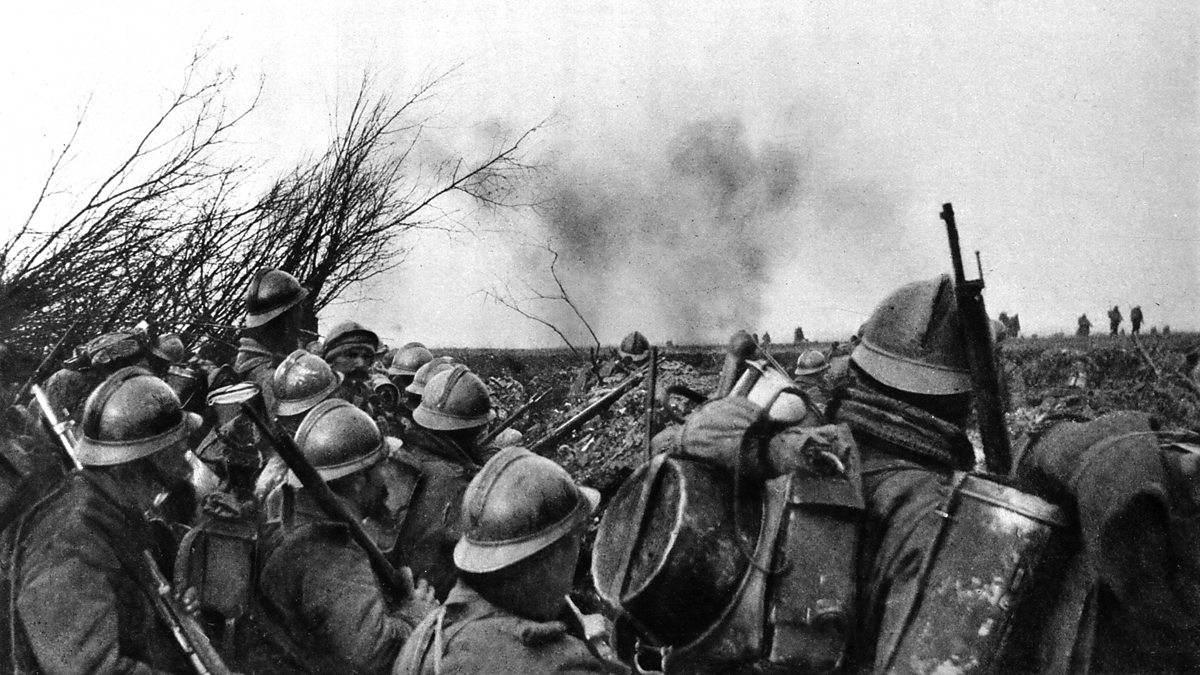

The city itself stands on the River Meuse, its citadel and cathedral looking out over the countryside, where the French had over the years built dozens of forts and concrete casements for artillery. It also straddled the shortest direct route from Germany to Paris. Take Verdun, and the Kaiser’s army could be in the French capital in days.įrench soldiers moving into attack from their trench during the Verdun battle. When war broke out in 1914, it was just 25 miles from France’s frontier with Germany. When war broke out in 1914, it was just 25 miles from France’s frontier with Germany. It had been a fought-over, front-line fortress for centuries, with huge strategic implications. That’s because it was an entirely Franco-German affair, re-running an old and bitter rivalry between those two nations, particularly over the border area in the east of France where the fortified city was sited. British histories tend to pass over Verdun in a few pages. Toller’s words remind us what is too easily forgotten as we look back: that each and every one was a living, breathing person, cut down and cut short in his prime.Īs he also noted: ‘We were cogs in a great machine which sometimes rolled forward, nobody knew where, sometimes backwards, nobody knew why.’įrom the other side of the no-man’s-land that separated the two armies, a French counterpart, Albert Joubaire, summed up his experience at Verdun: ‘What a bloodbath, what horrid images, what a slaughter! Hell cannot be this dreadful.’ All those noughts can blind us to the reality of what they mean.

The numbers of casualties are so huge that our eyes glaze over. In the 303 days of this so-called ‘meat-grinder’, close to 750,000 men died, were wounded or simply disappeared, pulverised to tiny, unrecognisable bits by shelling from as far as 17 miles away, or eviscerated on the end of a bayonet in man-to-man, whites-of-their-eyes grappling. German and French soldiers fought for every last metre of ground, making it the longest battle of the war, almost twice as long as any other encounter. One hundred years ago, on February 21, 1916, a Monday, the first shots were fired in the battle for the French fortress town of Verdun.

Here, French soldiers are moving into attack from their trench during the Verdun battle German and French soldiers fought for every last metre of ground, making it the longest battle of the war. ‘And I would ask, who were you? Where was your home? Who is mourning for you?’ Ernst Toller’s words should give us all pause for thought as we mark - not celebrate, never celebrate - another grim milestone in that blood-drenched, pointless war. After that, I could never pass a dead man without stopping to gaze on his face, stripped by death of that earthly patina which masks the living soul. ‘All these corpses had been men who breathed as I breathed, had had a father, a mother, a woman whom they loved, a piece of land which was theirs, faces which expressed joy and suffering, which had known the light of day and the colour of the sky. They choked my throat and chilled my heart. But now the words closed upon my brain like a vice. ‘Until then, I had seen the dead without really seeing them, like figures in a waxworks. On the end were human entrails - all that was left of a dead man buried there by a previous bombardment. He was digging a trench when his pickaxe became entangled in a bundle of slime. The truth hit home for the German soldier with all the impact of one of the millions of artillery shells buzzing through the air at the Battle of Verdun during World War I.


 0 kommentar(er)
0 kommentar(er)
